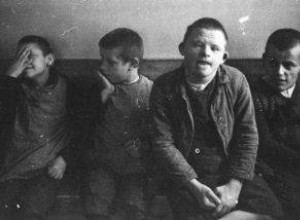The history of reading is among the most important strands of historical studies in the second half of the 20th century and represents a fertile field for understanding History. By Me. Cláudio FernandesThe history da read became a very fruitful field of study from the 1970s, especially with the mat




